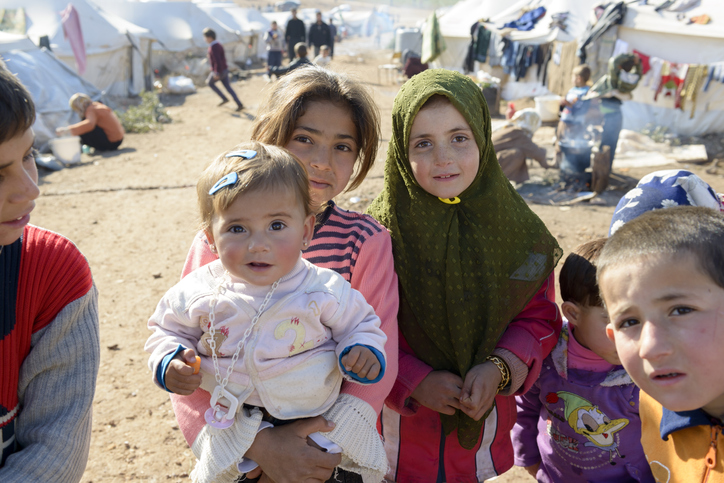
Posted On : Dec 26 2020
Navigating the Implications of Syrian Migration to Europe
The mass migration of Syrians to Europe in the wake of the ongoing conflict has posed significant challenges and opportunities for both the migrants and the host nations.

This article explores the multifaceted implications of Syrian migration, shedding light on the hurdles faced by refugees and the potential benefits for European countries.
Challenges Faced by Syrian Migrants:
Humanitarian Crisis:
The primary catalyst for Syrian migration is the humanitarian crisis resulting from a protracted civil war. Syrians fleeing violence and persecution often embark on perilous journeys, facing the risk of exploitation, human trafficking, and even loss of life during their migration to Europe.
Integration and Cultural Adjustment:
Cultural adjustment is a substantial challenge for Syrian migrants, who find themselves in a vastly different social and cultural milieu. Language barriers, unfamiliar customs, and the stress of adapting to a new way of life can hinder the integration process, leading to feelings of isolation and displacement.
Legal Complexities and Asylum Processes:
Securing asylum in European countries involves navigating complex legal processes. Syrians often encounter challenges in obtaining refugee status, and the sheer volume of asylum seekers can strain national immigration systems, resulting in delays and uncertainties for those in need of protection.
Economic Struggles:
Syrian migrants face economic challenges as they seek employment and stability in host countries. Job market competition, discrimination, and the need to rebuild their lives from scratch can impede their economic integration, leading to financial hardships for individuals and families.
Opportunities for Syrians and Host Countries:
Diversity and Cultural Enrichment:
Syrian migration contributes to the cultural diversity of European societies. Exposure to different traditions, languages, and perspectives fosters an inclusive and multicultural environment, enriching the social fabric of host nations.
Economic Contributions:
Syrian migrants bring a diverse set of skills and talents, contributing to the labor market and economic growth of host countries. Recognizing and harnessing these skills can result in a win-win situation, where both migrants and host nations benefit from the exchange of expertise.
Humanitarian Solidarity:
Hosting Syrian migrants reflects a commitment to humanitarian values and solidarity. European nations offering refuge demonstrate a willingness to share the burden of the global refugee crisis, providing a safe haven for those fleeing conflict and persecution.
Global Diplomacy:
The reception of Syrian migrants in Europe also carries diplomatic implications. It can prompt European nations to engage in diplomatic efforts to address the root causes of the Syrian conflict, promoting peace and stability in the region.
The implications of Syrian migration to Europe are profound, encompassing challenges that demand compassionate solutions and opportunities that can lead to positive outcomes for both migrants and host nations. As Europe grapples with the complexities of integrating large refugee populations, addressing legal, cultural, and economic hurdles is crucial. By recognizing the potential contributions of Syrian migrants and fostering inclusive policies, European countries have the chance to not only alleviate the suffering of those fleeing conflict but also to harness the resilience and skills of a population seeking a new beginning on foreign shores.
No Comments Added




















